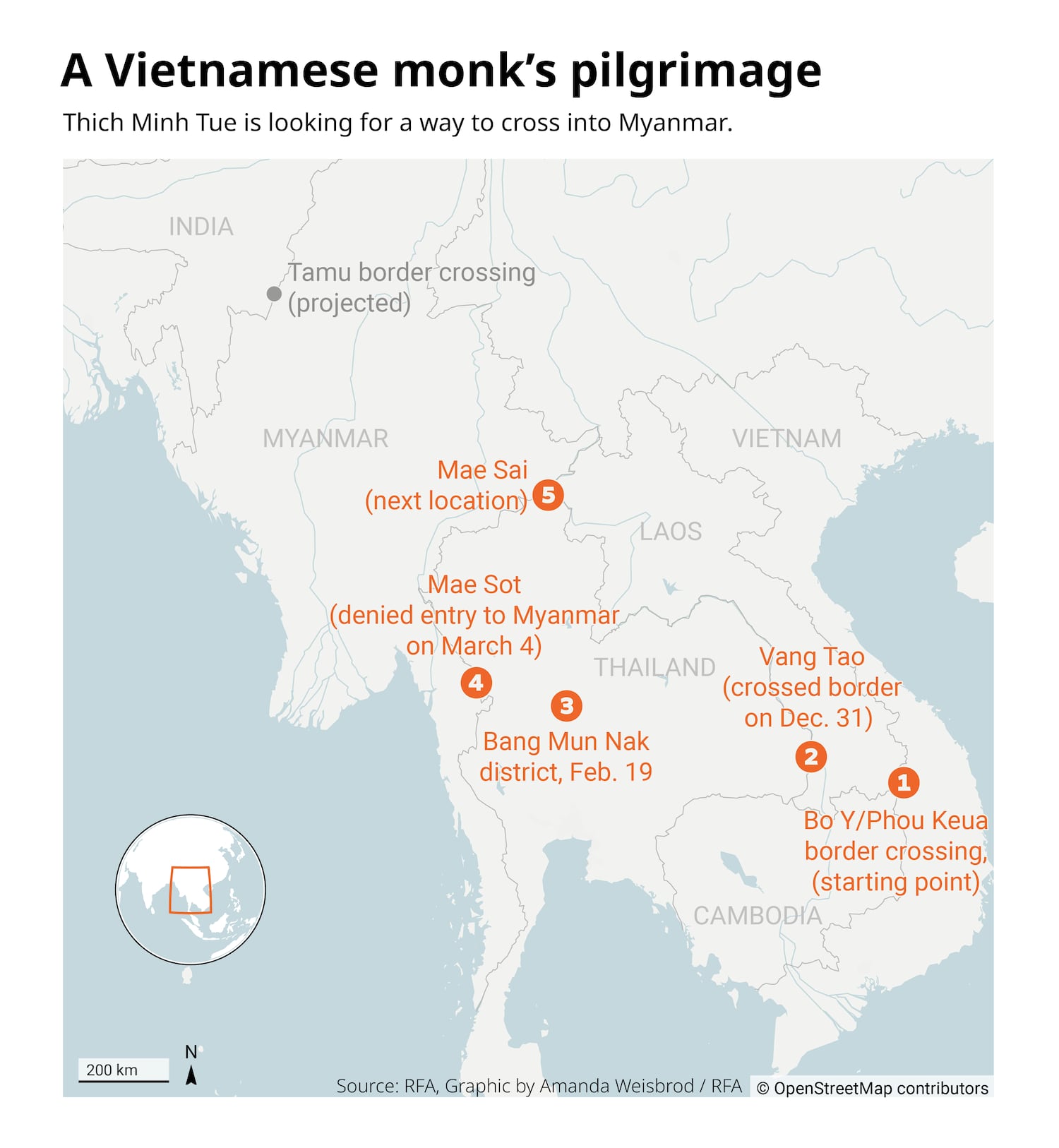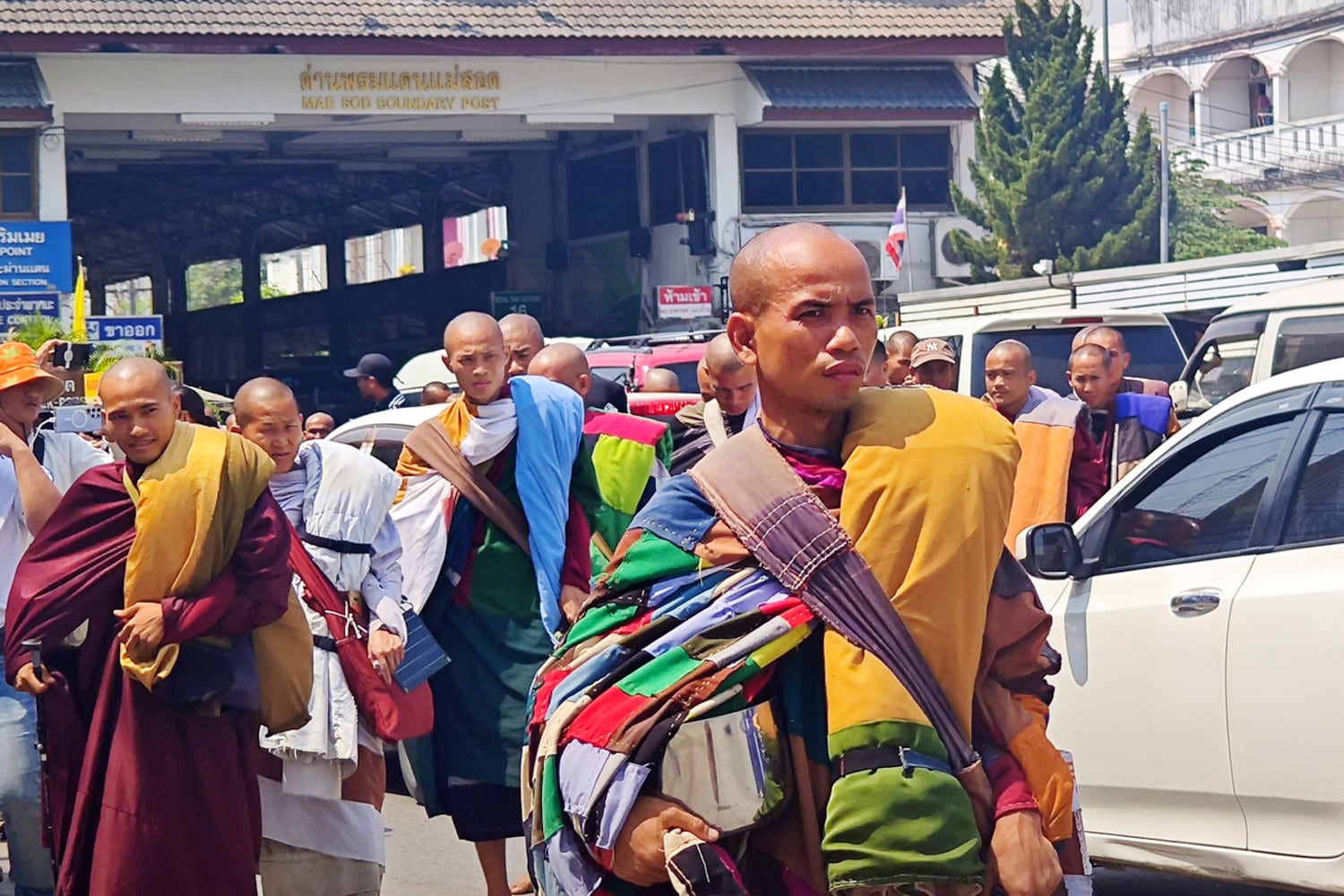When British investigative journalist Will Neal was turned back at Georgia’s border with Armenia in May, he became the fifth of at least six European journalists in recent months to be denied entry into a country once seen as a regional leader for press freedom. Neal, who had lived in Georgia since 2022, was expelled just weeks after publishing an investigation into ties between Georgian ruling circles and a Kremlin-linked Russian oligarch.
Alongside an ever more restrictive environment for local journalists, increasingly, Georgia has been denying entry to Western journalists, all freelancers. This crackdown comes as the ruling conservative Georgian Dream party clamps down on mass protests and political opposition following allegations of fraud in the country’s October 2024 parliamentary elections.
Media repression had already intensified on the heels of Russia’s full-scale invasion of Ukraine in 2022, since which Georgia has denied entry to at least eight Russian journalists associated with Kremlin-critical outlets, as well as two journalists from other post-Soviet countries with critical or pro-Western views.
Neal’s denial of entry “was clearly intended to dissuade me from further reporting on the vested interests behind the ruling party’s ongoing abuse of power,” he told CPJ.
Before leaving Georgia in April, Neal had been the target of a sustained smear campaign by Georgian Dream officials and the pro-government press. His investigation in the British news outlet Byline Times revealed cooperation between a U.K.-registered private equity firm with reported close ties to Georgia’s alleged de facto ruler, Georgian Dream founder Bidzina Ivanishvili, and Russian oligarch Roman Abramovich. Georgian Dream leaders accused Neal of being part of an international “deep state” anti-Georgia conspiracy.
“The story clearly hit a nerve,” Neal told CPJ.
An unprecedented wave
Mamuka Andguladze, chair of the local Media Advocacy Coalition, told CPJ that the recent blocking of Western journalists is “unprecedented” and a “very deliberate policy” by Georgian Dream “to limit critical coverage.”
CPJ knows of at least five other instances in the past eight months in which Western journalists have been denied entry:
- On October 22, 2024, four days before the elections, border guards at Tbilisi airport blocked the entry of Czech freelance reporter Ray Baseley and held him for 34 hours before placing him on a plane to Poland, Basely wrote on X. He previously had reported on mass protests against Georgian Dream’s introduction of a “foreign agent” law in May 2024 and told the International Press Institute that he believes this was the reason for his denial. The law requires nonprofits and media outlets receiving more than 20% of their funding from abroad to register as “organizations pursuing the interests of a foreign power.” An even harsher law, passed in April 2025, carries prison terms of up to five years.
- On election day, October 26, 2024, border guards refused entry to Swiss photojournalist Stephan Goss, who had covered protests against the “foreign agent” law. Guards confiscated his phone and held him for 12 hours before placing him on a flight to Dubai.
- On February 12, 2025, French freelance journalist Clément Girardot was denied entry. Authorities also revoked Girardot’s residence permit after he reported on Georgian Dream’s growing authoritarianism for publications like France’s Le Monde and Belgium’s Le Soir.
- On March 30, 2025, officials denied entry to Jérôme Chobeaux, a freelance photojournalist with the Italian agency NurPhoto. Chobeaux, who had covered the anti-government protests, was held for six hours without access to his phone before boarding a plane to Greece.
- On June 11, 2025, border guards at Kutaisi International Airport refused entry to French documentary photographer Marylise Vigneaux. Vigneaux told CPJ that she believed she most likely had been targeted over a collection of her protest photos exhibited at a photo festival in Tbilisi in May.
CPJ emailed the Georgian Dream party and Georgian border police for comment but did not receive any replies.
This content originally appeared on Committee to Protect Journalists and was authored by Committee to Protect Journalists.
This post was originally published on Radio Free.
 (Amanda Weisbrod/RFA)
(Amanda Weisbrod/RFA)





